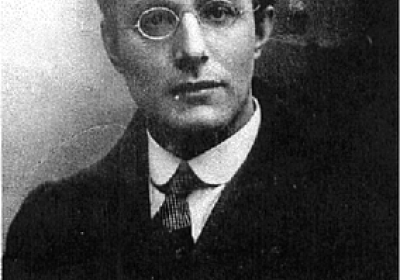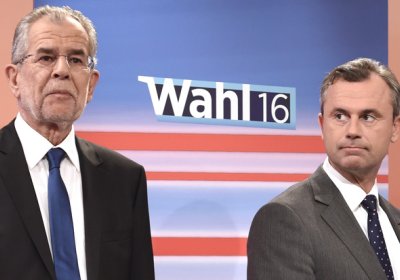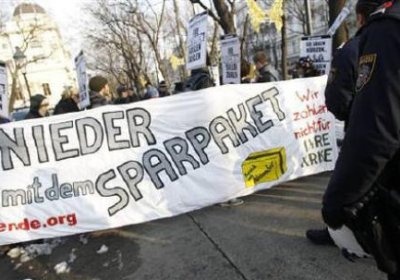The Communist Party of Austria stunned many with its historic vote in the state of Salzburg. Christian Zeller discusses the rise and significance of the KPÖ’s vote.
Austria
Green Left Radio’s Jacob Andrewartha interviewed climate activist and Socialist Alliance member Margarita Windisch on January 24 about the Austrian Green Party’s (Greens) deal with the conservative Austrian People’s Party (ÖVP), in which the Greens have agreed to support the ÖVP’s xenophobic and Islamophobic policies in exchange for vague commitments on climate change.
* * *
Styx
Director Wolfgang Fischer, starring Susanne Wolff and Gedion Oduor Wekesa
English & German with English subtitles
Screening as part of the German Film Festival
The Styx was the name given by the ancient Greeks to the river dividing the land of the living from that of the dead, Hades. This film is a modern allegory for that journey.
Reconstructing Karl Polanyi: Excavation & Critique
By Gareth Dale
Pluto, 2016
246 pp., $33.88
As a well-known British socialist activist and an academic political economist, Gareth Dale is thus ideally placed to write about Karl Polanyi, writes Derek Wall.
Polanyi was a leading 20th century critic of the free market economics that crystallised into the neoliberal system that is now threatening our planet.
The Austrian legislative elections, held on October 15, finished with one clear winner: 31-year-old Sebastian Kurz, who leads the conservative Austrian People’s Party (OVP). His party emerged as the biggest political force in the country, winning 31.7% of the votes and 61 of the 183 seats in Austrian parliament’s lower house, the National Council.
Kurz is now set to become Austria’s new chancellor – the youngest in the country’s history – and thereby completing his meteoric rise to the top.
 Austria, as well as Serbia and Croatia, have joined other European countries in temporarily closing their borders.
On September 21, Croatia closed its last checkpoint for trucks on the Serbian border where thousands of refugees are waiting to cross in the hope of a better life.
Austria, as well as Serbia and Croatia, have joined other European countries in temporarily closing their borders.
On September 21, Croatia closed its last checkpoint for trucks on the Serbian border where thousands of refugees are waiting to cross in the hope of a better life.
 30,000 people marched in Vienna on August 31 to demonstrate against inhumane treatment of refugees.
In less than a fortnight a series of tragedies took place on the borders of Europe, spurring a continent-wide debate over refugee policy.
On August 26, about 200 refugees perished at sea as their ship capsized off the coast of Libya on its way to Italy.
30,000 people marched in Vienna on August 31 to demonstrate against inhumane treatment of refugees.
In less than a fortnight a series of tragedies took place on the borders of Europe, spurring a continent-wide debate over refugee policy.
On August 26, about 200 refugees perished at sea as their ship capsized off the coast of Libya on its way to Italy.







